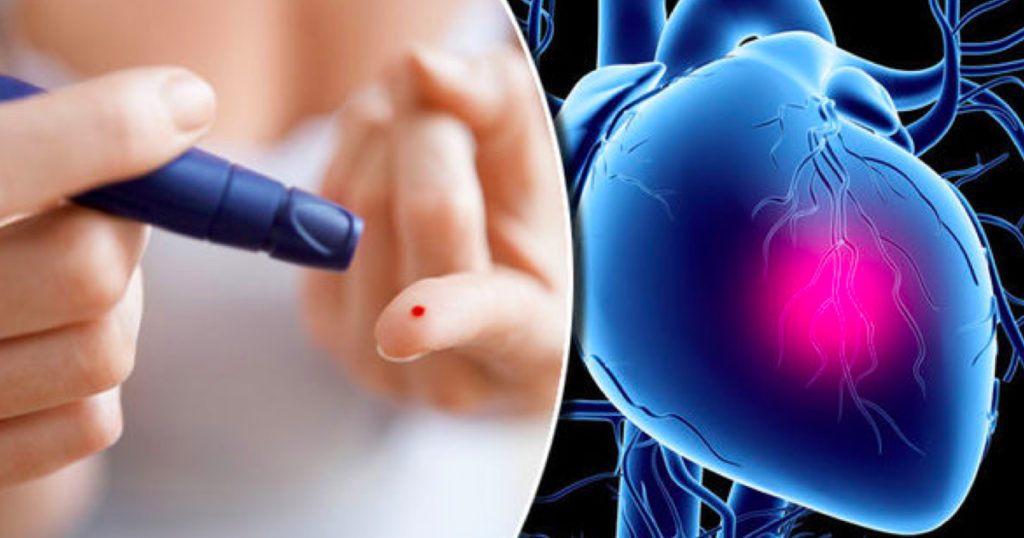Summary
- Nowadays, by using CPAP treatment, we can improve cardiovascular health issues in pre-diabetic patients.
- Pre-diabetic patients who have sleep apnea(OSA) and received CPAP (Continuous Positive Airway Pressure) treatment at night are minimize their chances of CVD
- Pre-diabetes occurs in 50% to 70% of obstructive sleep apnea patients, along with those who have cardiovascular disease. CPAP treatment is linked with a 64% decrease in cardiovascular health problems.
Continuous positive airway pressure therapy decreases the resting heart rate during the day.
Evidence suggests that CPAP treatment lowers the mean residual apnea‐hypopnea index, lower mean residual microarousal index, and lower mean residual oxygen desaturation index. Upon these analyses, it is concluded that the use of CPAP treatment reduced daytime resting heart rate. The resting heart rate is essential for overall well-being.
Importance of CPAP in reducing heart problems in pre-diabetic patients
Continuous positive airway pressure therapy can reduce adverse cardiovascular disease outcomes in pre-diabetes patients.
- Clinical CPAP studies have described its importance. CPAP treatment is very productive in enhancing left ventricular ejection fraction and increases life quality; it helps lower the sympathetic activity, blood pressure and reduces the death rate in patients with congestive heart failure. It significantly decreases the risk of cardiovascular death, acute coronary syndrome, and hospitalization for heart failure among patients with coronary artery disease.
- The use of CPAP reduces blood pressure and improves mood among sleep apnea and stroke patients. Also, CPAP therapy has significant positive effects on lipid levels and, with a corresponding decrease in blood pressure, significantly improves insulin sensitivity and left ventricular function.
- The Centers for Disease Control and Prevention (CDC) reports that 86 million people in the US have pre-diabetes, which significantly raises the chances of type 2 Diabetes mellitus and cardiovascular disease development. The troubling rise in overweight and obesity has played a key role in the increase in pre-diabetes. CPAP therapy can also normalize leptin levels and decreasing obesity problems that are a major risk factor for pre-diabetes.
- Clinical research suggests that sleep apnea treatment results in a decrease in diurnal and nocturnal blood pressure. The evidence reflects that the average diurnal systolic and diastolic blood pressure may decrease by 6.7 and 4.9 mmHg for the patients receiving CPAP therapy. CPAP therapy is linked to a moderate decrease in blood pressure of 2 mmHg, according to the controlled studies and analyses, and a higher reduction is seen in patients with more severe sleep apnea.
Reference
- Sushmita Pamidi, Florian Chapotot, Esra Tasali (2020) Optimal Continuous Positive Airway Pressure Treatment of Obstructive Sleep Apnea Reduces Daytime Resting Heart Rate in Prediabetes: A Randomized Controlled Study Journal of the American Heart Association. https://doi.org/10.1161/JAHA.120.016871
- Buchner NJ, Sanner BM, Borgel J, Rump LC. Continuous positive airway pressure treatment of mild to moderate obstructive sleep apnea reduces cardiovascular risk. Am J Respir Crit Care Med. 2007;176(12):1274–1280.
- Punjabi NM, Polotsky VY. Disorders of glucose metabolism in sleep apnea. J Appl Physiol. 2005;99(5):1998–2007.
- Harsch IA, Hahn EG, Konturek PC. Insulin resistance and other metabolic aspects of obstructive sleep apnea syndrome. Med Sci Monit. 2005;11(3): RA70–RA75.
- Alajmi M, Mulgrew AT, Fox J, et al. Impact of continuous positive airway pressure therapy on blood pressure in patients with obstructive sleep apnea-hypopnea: a meta-analysis of randomized controlled trials. Lung. 2007;185(2):67–72.


